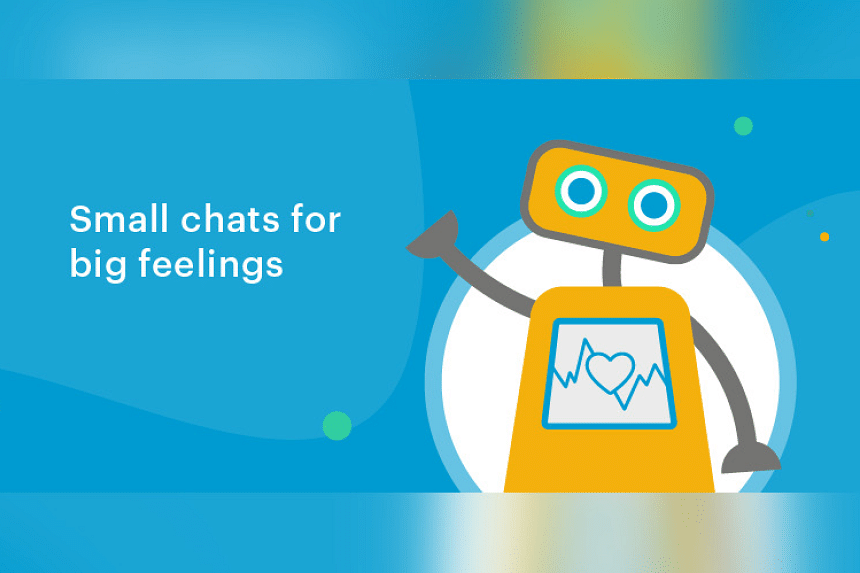I am an anthropologist who studies mental health, and I had been doing fieldwork for my PhD in China when news of the coronavirus started spreading. I left during Chinese New Year, and I never made it back. With my research stalled and my life on hold, I moved back in with my parents. Then, in quick succession, I lost a close family member to Covid-19 and went through a painful breakup. I went months without seeing any of my friends. My mental health tanked, as it did for so many.
I was initially sceptical of Woebot. The idea seemed almost too simple: an app on my phone that I could open when I needed it, type my hopes, fears and feelings into and, in turn, receive AI-generated responses that would help me manage my emotions.
Already a subscriber? Log in
Read the full story and more at $9.90/month
Get exclusive reports and insights with more than 500 subscriber-only articles every month
ST One Digital
$9.90/month
No contract
ST app access on 1 mobile device
Unlock these benefits
All subscriber-only content on ST app and straitstimes.com
Easy access any time via ST app on 1 mobile device
E-paper with 2-week archive so you won't miss out on content that matters to you

